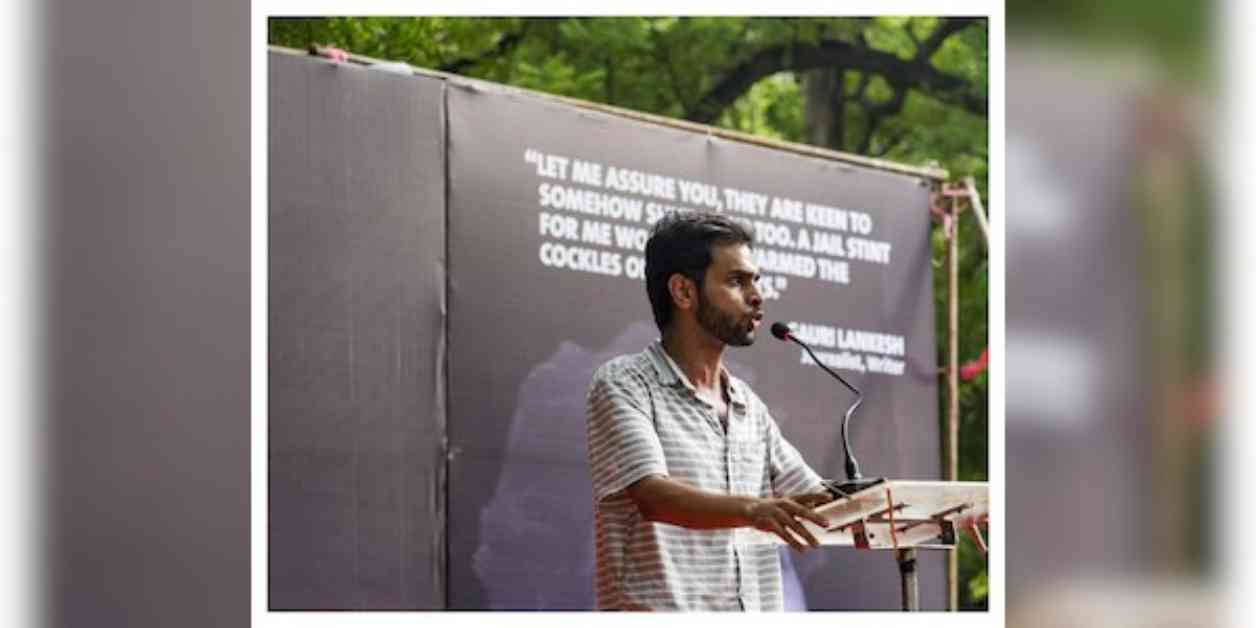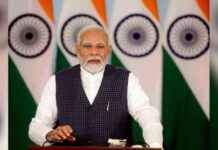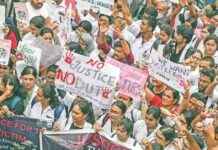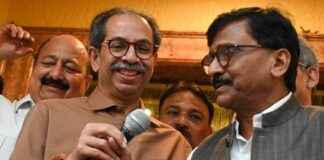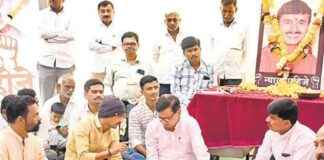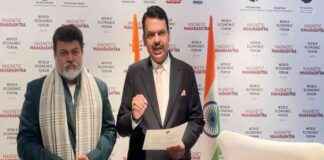Former JNU student and activist Umar Khalid has spent four years in jail following his arrest in connection with the 2020 northeast Delhi communal riots. The riots erupted on February 24, 2020, amidst clashes between supporters and opponents of the Citizenship (Amendment) Act, resulting in the deaths of at least 53 individuals and injuries to around 200 others.
Umar Khalid was acquitted in December 2022 in a case related to alleged rioting, vandalism, and arson at a parking lot in February 2020. However, he remains incarcerated in a separate case under the anti-terror law Unlawful Activities (Prevention) Act (UAPA) and provisions of the Indian Penal Code for allegedly being the mastermind behind the riots.
The 36-year-old researcher and scholar was arrested on September 13, 2020. While charge sheets were filed in 2020 and 2022, the framing of charges has been delayed in this case, and his attempts to seek bail have been consistently denied by courts.
Umar Khalid has also filed a plea in the Supreme Court challenging the constitutional validity of various provisions of the Unlawful Activities (Prevention) Act, which is currently pending.
The FIR in the second case against Khalid was registered on March 6, 2020, with the UAPA provision invoked on April 19, 2020. The main charge sheet was filed on September 16 of the same year, followed by supplementary charge sheets in October 2020, February 2022, March 2022, and June 2022.
On September 4, a special court allowed the prosecution to commence its arguments on framing charges against the accused, while the Delhi High Court instructed the trial court not to pass a final order on framing charges until September 23.
The high court’s decision came in response to a plea by riots accused Devangana Kalita seeking direction for the police to provide her with specific videos and WhatsApp chats in two cases, including one under the UAPA.
In a significant development on December 5, 2022, a court discharged Umar Khalid and United Against Hate founder Khalid Saifi in the first case related to the riots, stating that the allegations against them pertained to an umbrella conspiracy or the larger conspiracy of the riots, rather than the conspiracy in the present case.
The court explained that the concept of umbrella conspiracy involves a larger conspiracy subsuming several smaller conspiracies hatched under it.
Protected witnesses cited in the charge sheet against Khalid provided crucial testimonies. One witness, identified as Bond, stated that a chakkajam began in Delhi following a meeting between Umar Khalid, Sharjeel Imam, Asif Iqbal Tanha, and others on December 13, 2019, at the Jamia Campus. The witness claimed that Khalid directed the initiation of chakkajams in different locations, highlighting the government’s perceived bias against Muslims.
Another witness, Saturn, alleged that Khalid and others met former AAP councillor Tahir Hussain at the PFI Office in the Shaheen Bagh area. Witness statements further suggested Khalid’s involvement in inciting protests against the CAA and orchestrating violence during Trump’s visit to Delhi.
Khalid’s involvement in the protests and alleged role in orchestrating violent riots were further highlighted through witness accounts and statements presented in the charge sheet.
Khalid’s bail applications have faced numerous challenges in the legal system. While his first bail plea was dismissed in March 2022, the Delhi High Court rejected the appeal against it in October of the same year, citing his alleged connections with other co-accused and the prima facie validity of the accusations against him.
Despite subsequent bail pleas, including a second regular bail plea dismissed in May 2023, Khalid’s legal battle continues. The Supreme Court proceedings on his bail application have been adjourned multiple times, with Khalid’s legal counsel expressing a desire to withdraw the application due to changing circumstances.
The ongoing legal saga surrounding Umar Khalid underscores the complexity and gravity of the charges against him. As the judicial process unfolds, Khalid’s fate remains uncertain, with his supporters and critics closely monitoring each development in this high-profile case.
